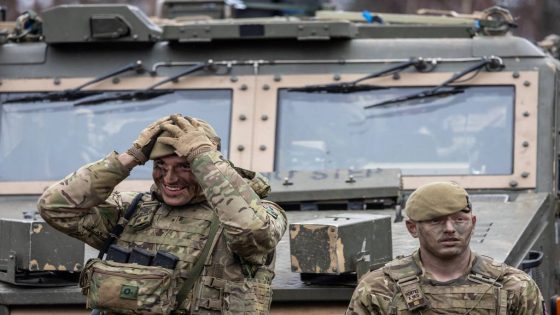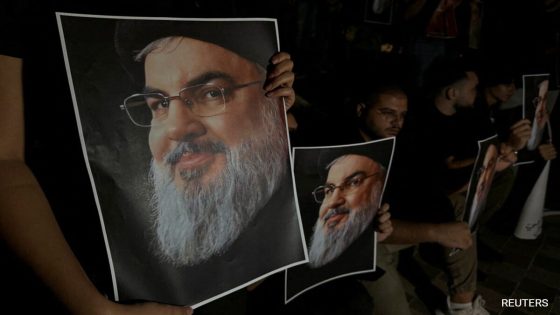LONDON â U.K. lawmakers and former defense officials have urged Britainâs political parties to invest more in the military so the country can defend itself and contribute to international alliances.
Michael Fallon, defense secretary from 2014 to 2017, made the appeal in an April 2 letter co-signed by 24 current and former defense officials and published by the Council on Geostrategy think tank.
While the letter acknowledged the country has met NATOâs target of spending 2% of gross domestic product by 2024 â a pledge made by all alliance members in 2014 but not yet attained by some â it also stated that the U.K.âs current level of spending is not sufficient to respond to the âgravest threatsâ the countries has faced since the end of the Cold War.
According to NATOâs latest report on alliesâ defense expenditures, the U.K.âs defense spending in 2023 was 2.07% of its GDP, or around $65 billion, down from 2.14% in 2014.
Current and former British officials noted Russiaâs invasion of Ukraine and the dangers the Kremlin posed to democracies through election interference, cyber attacks and assassinations, saying Russian President Vladimir Putin will not ârelentâ and may see Britain as an âabsolute enemy.â
They also cited militantsâ attacks on international shipping in the Red Sea, Iranâs and North Koreaâs growing nuclear capabilities and Chinaâs rearmament drive as well as the threat of a military conflict in Taiwan and in the South China Sea, which could spread throughout the Indo-Pacific region and potentially the whole world.
Together, these threats have put Britainâs energy supplies, subsea cables and international trade routes at âgreater risk than at any time this century,â causing food and energy prices to rise, putting its borders in jeopardy, and increasing people trafficking, the letter said.
Because of the risk to Britain and its allies, all U.K. political parties should pledge to invest a minimum of 2.5% of GDP in defense over the long run, with the goal of reaching 3% by 2030, the letter stated.
Among the letterâs signatories are members of the parliamentary Defence Committee who clashed with Defence Secretary Grant Shapps last week over cuts to next yearâs core defense spending.
British leaders have previously pegged a defense spending rate of 2.5% of GDP as the new objective. Prime Minister Rishi Sunak outlined a longer-term goal to raise defense spending to that level as part of the Integrated Review Refresh 2023, though the guidance is tied to the countryâs economic situation.
Thibault Spirlet is the United Kingdom correspondent for Defense News. Thibault previously covered the Russia-Ukraine and Israel-Hamas wars at Business Insider. He also has experience reporting on the European Union and U.K. politics.
Source Agencies


